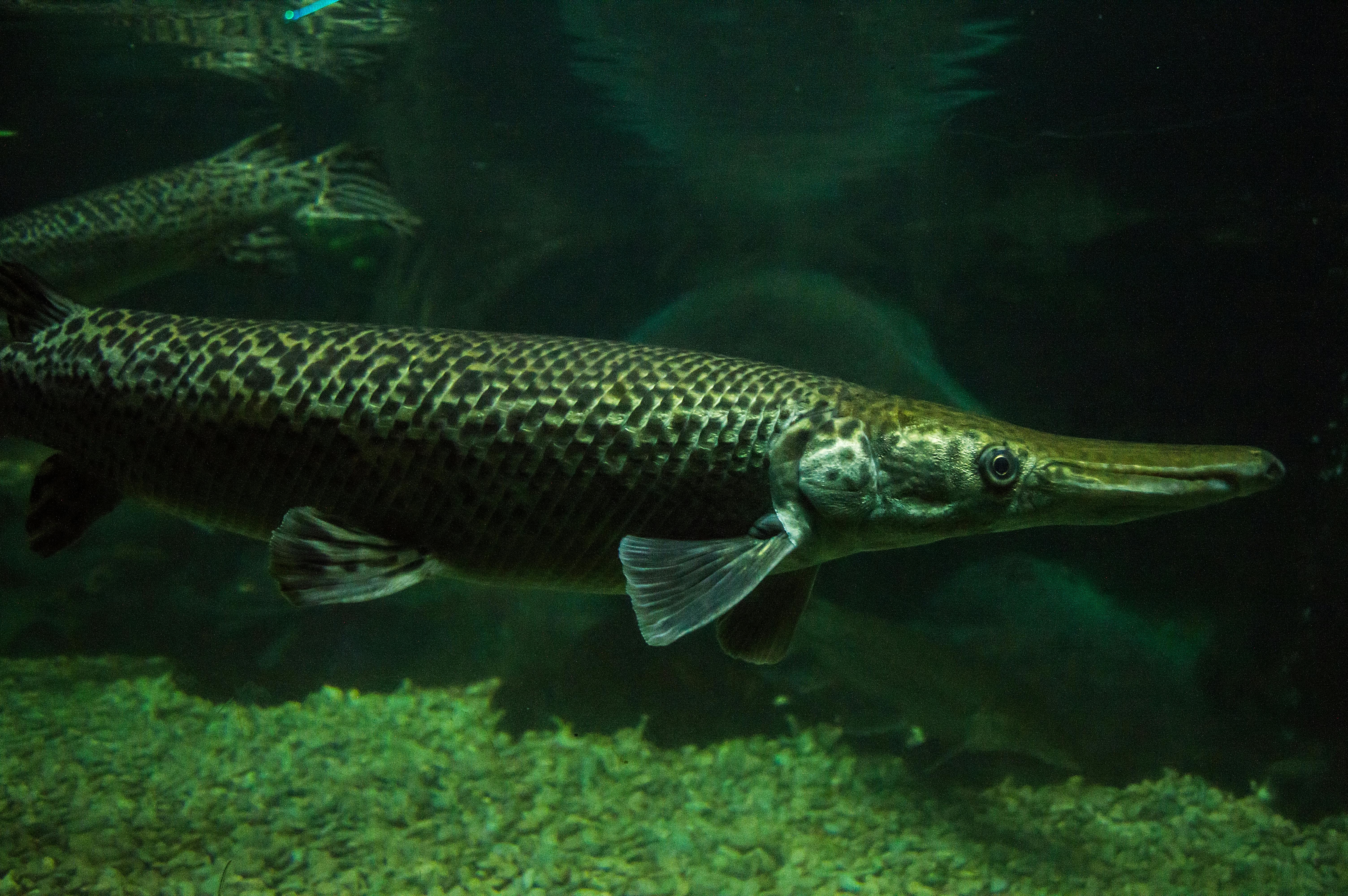How to Care for an Aquarium with Predatory Fish

How to Care for an Aquarium with Predatory fish
Maintaining an aquarium with predatory fish is a challenging yet rewarding hobby. Predatory fish, known for their impressive size and captivating behaviors, require specific care to ensure their health and well-being. This blog post outlines essential tips for taking care of an aquarium housing these fascinating creatures.
Understanding Predatory Fish
Predatory fish are typically larger species that feed on smaller fish or live foods. Common predatory fish kept in aquariums include the Piranha, Arowana, and certain types of Cichlids. Understanding the natural habitat and behavior of these fish is crucial for replicating a suitable environment in your aquarium.
Setting Up Your Aquarium
The first step in caring for predatory fish is setting up an appropriate tank. These fish often require larger tanks due to their size and territorial nature. A general rule is to provide at least 75 liters of water for each fish, although specific requirements can vary based on the species. Additionally, consider the following:
- Tank size: Ensure the tank is spacious enough to accommodate the growth and activity level of the fish.
- Water conditions: Maintain water temperature, pH, and hardness appropriate for your species. Regular water changes are crucial to keep the water clean and oxygen-rich.
- Decoration and hiding places: Provide structures such as rocks, caves, and plants that mimic the natural environment and offer hiding spots.
Feeding Your Predatory Fish
Feeding is one of the most important aspects of caring for predatory fish. These species require a protein-rich diet, which can include live or frozen foods such as fish, shrimp, and insects. Some key points to remember when feeding include:
- Variety: Offer a varied diet to ensure adequate nutrient intake and to mimic natural feeding behaviors.
- Feeding schedule: Predatory fish do not need to be fed daily; every other day is typically sufficient, depending on the fish's size and species.
- Avoid overfeeding: Excess food can decay and pollute the water, leading to health issues for the fish.
Monitoring Health and Behavior
Regular observation of your fish's behavior and physical condition is essential. Signs of distress or illness in predatory fish can include erratic swimming, loss of appetite, or visible wounds. In such cases, it may be necessary to consult a veterinarian who specializes in aquatic animals.
Maintaining Water Quality
Good water quality is vital for the health of any aquarium, but it is especially critical for predatory fish, which can produce a significant amount of waste. Regular testing of ammonia, nitrate, and pH levels is essential. Employ a robust filtration system to handle the bioload and perform partial water changes regularly.
In conclusion, caring for predatory fish in an aquarium requires a dedicated approach to tank setup, feeding, and water quality management. With the right knowledge and tools, you can create a thriving environment that allows these majestic creatures to live healthily and happily.